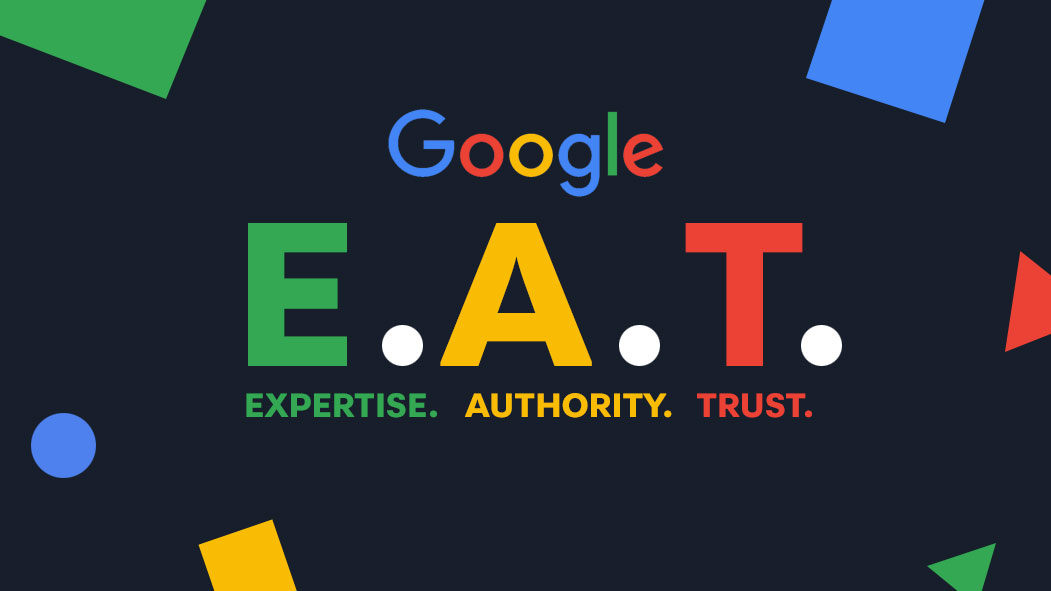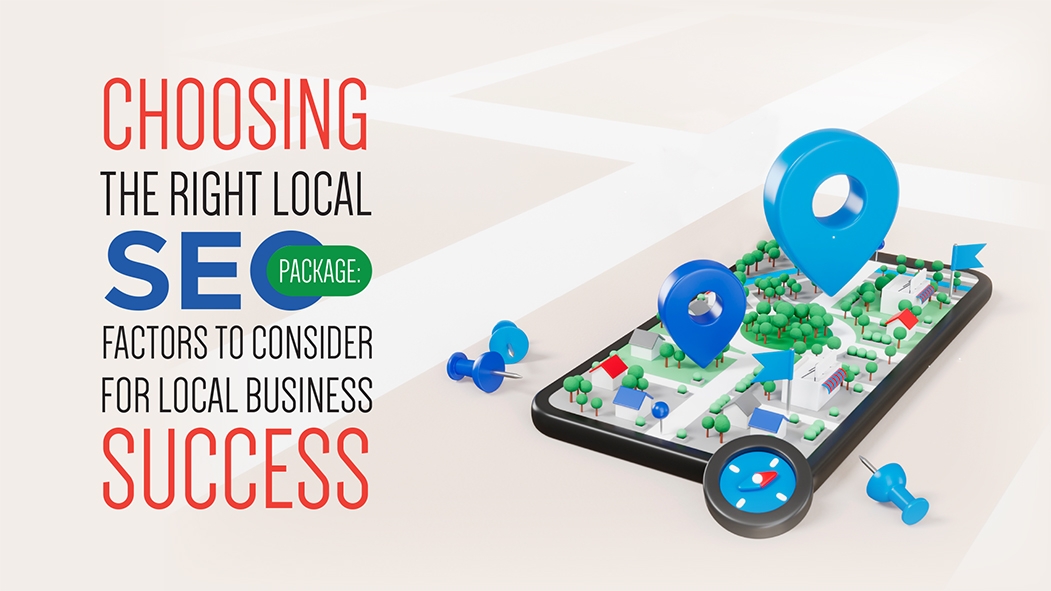November 02, 2022

One of the SEO ideas that gets the most attention these days is E-A-T. Google has been stressing it much more even though it has been a part of its policies since at least 2014, at least. So let's learn more about EAT, how it may affect search results, and how you may utilize it to produce content that ranks higher than that of your rivals.
What Exactly Is E-A-T?
The letters E.A.T. stand for Expertise, Authority, and Trust. To stop the internet spread of incorrect information, Google assesses the reliability and quality of a web page using these criteria. E-A-T is not a ranking factor, meaning that Google doesn't use it to determine where a page should appear in search results based on quantifiable criteria. Google, however, uses E-A-T to assess the position of any page. It is still very significant in certain ways.
E - Expertise
To demonstrate the creator's expertise for the Main Content, you must include it in your content and provide examples of their work. For humor or gossip websites, expertise is less important, but it's crucial for sites that deal with medicine, finances, or the law. The good news is that any website can demonstrate competence provided its information is accurate and helpful to readers.A - Authoritativeness
You must demonstrate the creator's authority in the eyes of the MC. And you can learn this through your own experience or the knowledge of your authors. The caliber of the talk on your page, if it is a forum or community discussion, determines its authority. Credentials are important, but so are subjective information like reviews.T - Trustworthiness
Users need to see that you, the Main Content's author or publisher, the content itself, and the website are all trustworthy. For eCommerce websites that ask consumers for their credit card information, reliability is extremely crucial. Your website should be designed in such a way that visitors always feel secure while using it.The Significance Of Google E-A-T For Your SEO Strategy
Google E-A-T plays a critical role in the success of your SEO strategy because it tells Google what kind of content you publish and how authoritative this content is for your niche. In other words, if you have relevant and authoritative articles on a topic that many people are searching for, Google will reward you with higher rankings for these keywords.
To decide whether to trust a company's domain or web pages to meet its users' needs, Google is training its algorithm to take these measurements into account. Google will pick someone else to fulfill those demands if we are unable to.
Simply said, Google will boost another site or page if it determines that it offers a better user experience than yours. Here, we are talking about lost traffic, lost ranking, and lost money.
How Google Determines Your E-A-T
Google assigns a group of Search Quality Raters the responsibility of assessing ranked websites after each algorithm change in order to determine E-A-T. The assessors of the E-A-T of your website are these Search Quality Raters. To determine where you stand, they resort to Google's comprehensive Search Quality Evaluator Guidelines. The website, the content, and the creator all contribute to determining E-A-T.
However, Google actually and genuinely cares about one type of website E-A-T SEO: Your Money or Your Life.
What is YMYL?
YMYL is an acronym that stands for "Your Money or Your Life." This abbreviation is used by Google as a core philosophy for defining web pages that have an effect on your money, well-being, security, and/or happiness. Due to the sensitive nature of the subject matter and the potential consequences for users of inaccurate information, YMYL sites have adhered to the highest E-A-T standards.
How To Improve E-A-T SEO?
Create Original And Fresh Content
Your website's content must be thorough and pertinent in order to receive a high-quality rating. No search engine will frequently rank outdated content highly. Therefore, to make sure all of your content is current, you should constantly evaluate it and refresh it when appropriate.Audit Your Brand
Analyze your brand first. What are customers saying about your company and/or website? You might start by contacting your current clientele. Send a poll their way. Give them a call and inquire about their experience with your business, including any positive or negative aspects they may have had, even if it's just a small number of customers.Build Relevant Links
In the past, connections from any place could have boosted your E-A-T, but Google has become more intelligent. Today, link building should be more tactical. Before contacting a website in an effort to obtain a backlink, take into account whether the potential makes sense for your sector. You must employ links that are pertinent to your content.Attract Reviews And Engage
It matters what people are saying online about your company. We think that Google's evaluation of the quality of your site may be impacted if it is clear that the majority of internet reviews of your company are negative. However, the vice versa stands true too. Make every effort to receive favorable comments and feedback by engaging with your clientele.Hire An Expert
Don't worry if you don't have any internal experts to look over your content pieces. You still have chances to demonstrate your knowledge. There are experts out there; you simply need to contact them. To learn more, get in touch with Webmantra, a reputable SEO company!Promote Onsite And Offsite
Your authority and credibility will increase if you promote your expertise. More exposure to your brand and greater demonstrations of knowledge will increase people's trust in you. However, promotion is more effective when done both onsite and offsite. Prior to promoting your offshore team, start by promoting your own team internally.
Conclusion
E-A-T is not a search ranking criterion, but adhering to Google's E-A-T recommendations can greatly boost the quality of your webpage and raise the visibility of your content in search results. In addition, enhancing expertise, authority, and trustworthiness goes far beyond SEO; the quality standards are intended to improve user experience because consumers feel more at ease visiting sites they can trust.
Contact Webmantra to know more!

 Academy
Academy






